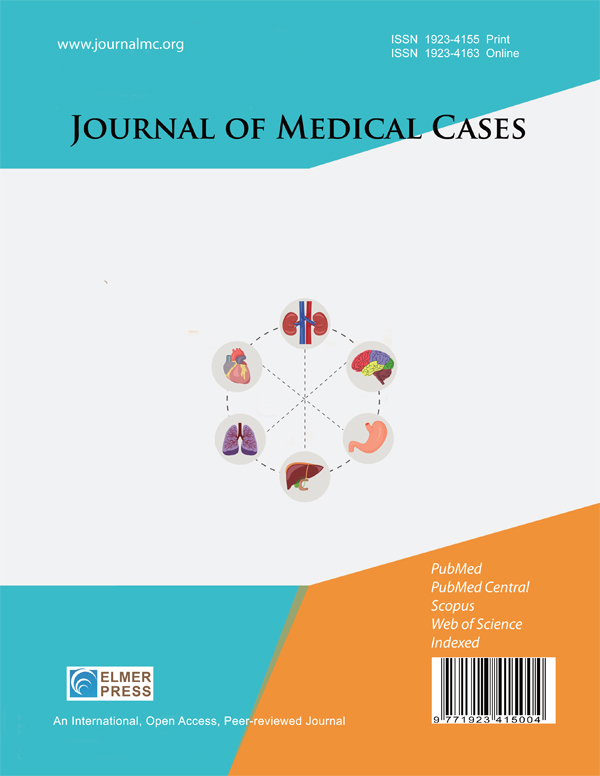Medium-Chain Acyl-CoA Dehydrogenase Deficiency Disorder as a Cause of Acute Liver Failure in a 23-Month-Old Baby
DOI:
https://doi.org/10.14740/jmc5093Keywords:
Acyl-CoA dehydrogenase, Liver failure, Hypoglycemia, Fatty oxidationAbstract
Fatty acid oxidation disorders are inborn metabolic defects caused by impaired beta-oxidation of fats within the mitochondria. This occurs due to a deficiency in the pathway of fatty acids into the mitochondria via carnitine. Although their incidence is not frequent, the clinical presence of this disorder often leads to morbidity and high mortality. Medium-chain acyl-CoA dehydrogenase (MCAD) deficiency is part of the large group of fatty acid oxidation disorders which has a high variability in clinical manifestations and in daily medical practice can be challenging to early and correctly diagnose. In this article, we present a 23-month-old boy with drowsiness, mild hypoglycemia, and rapid progression to acute liver failure as a consequence of this metabolic disorder. Once the diagnosis was confirmed, treatment was conducted following the guideline of hypoglycemia of the metabolic disorder of MCAD deficiency and its complications. The child was discharged in good condition and the follow-up after 6 months was successful. Further, we review the literature on this genetic condition and check on how they connect to our case. The article aims to focus on the early evaluation of the clinical signs that present from the underlying of this rare metabolic disorder and the importance of aggressive treatment to prevent complications that can be fatal for the patient.

Published
Issue
Section
License
Copyright (c) 2024 The authors

This work is licensed under a Creative Commons Attribution-NonCommercial 4.0 International License.









